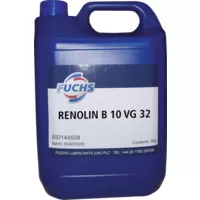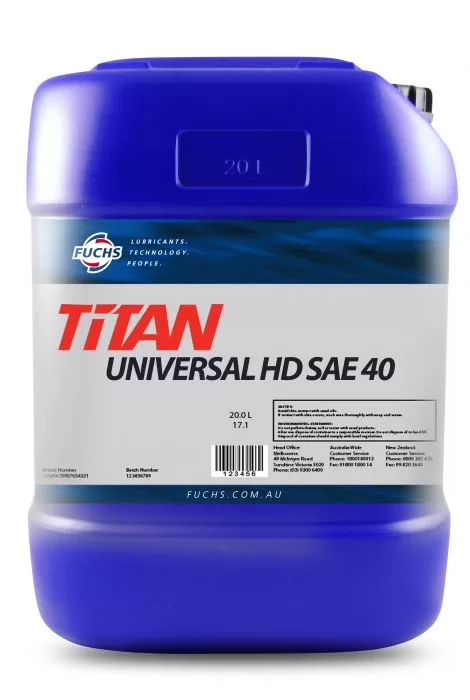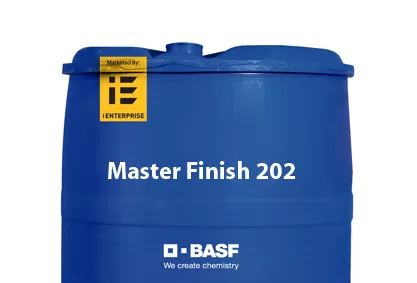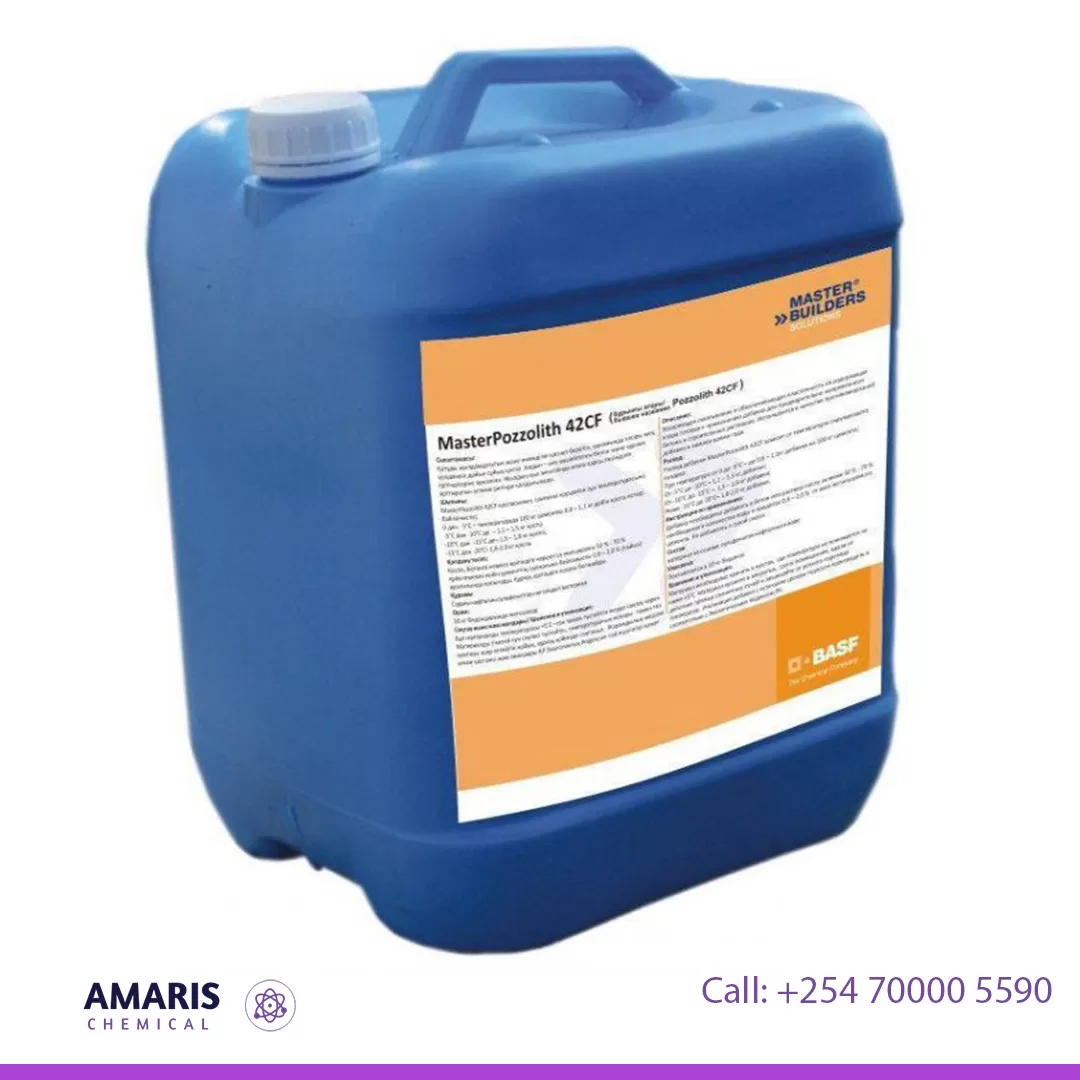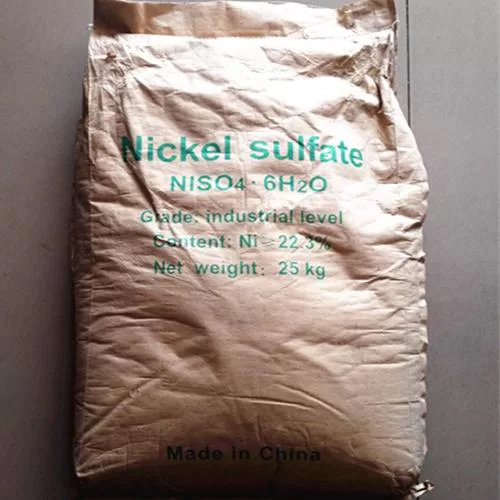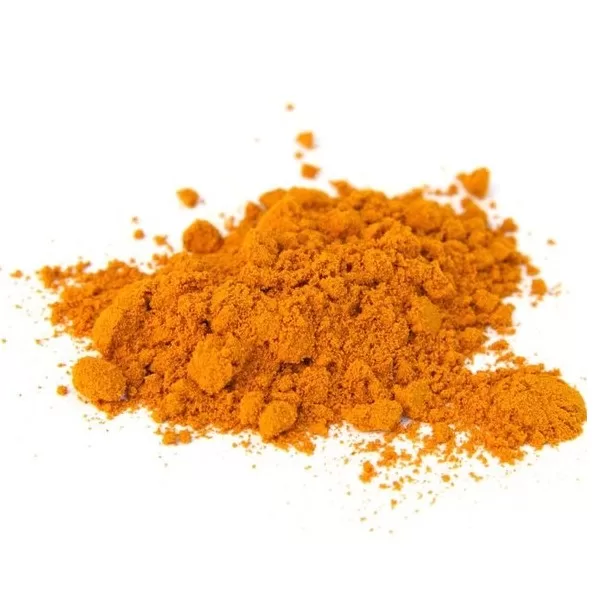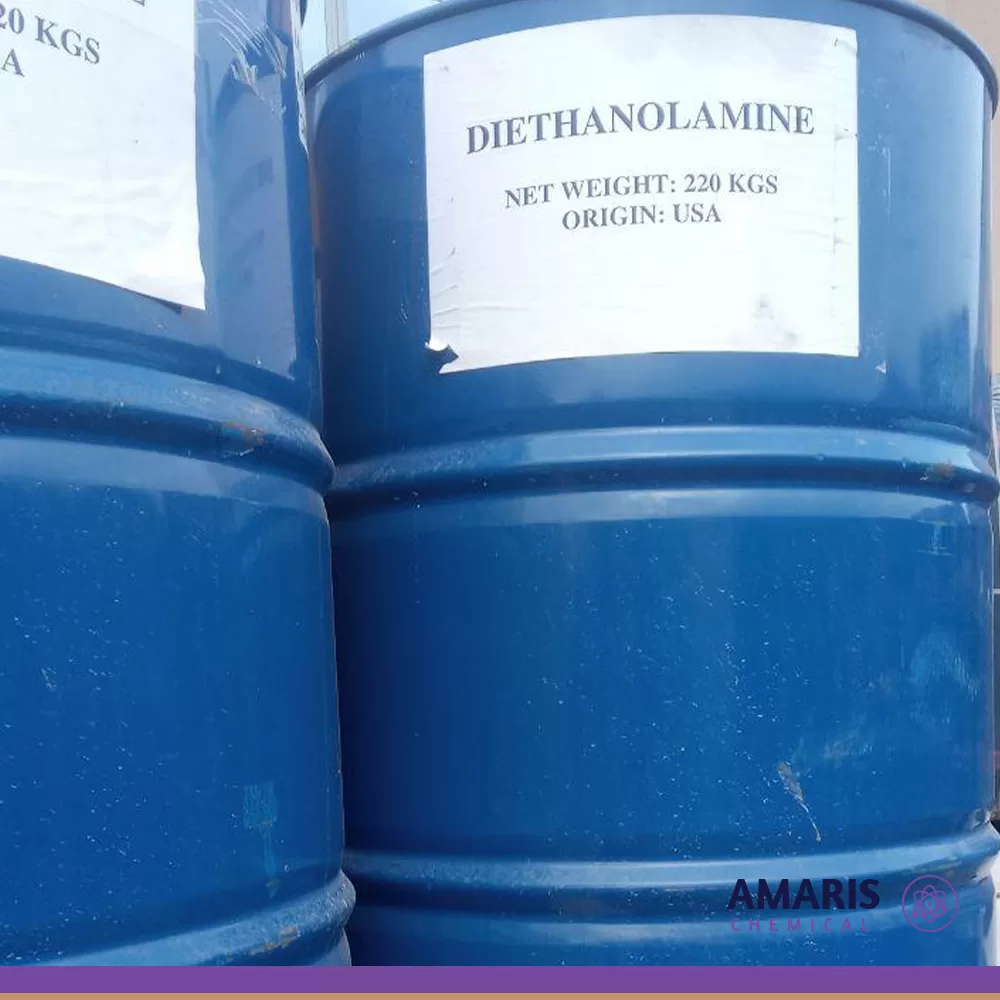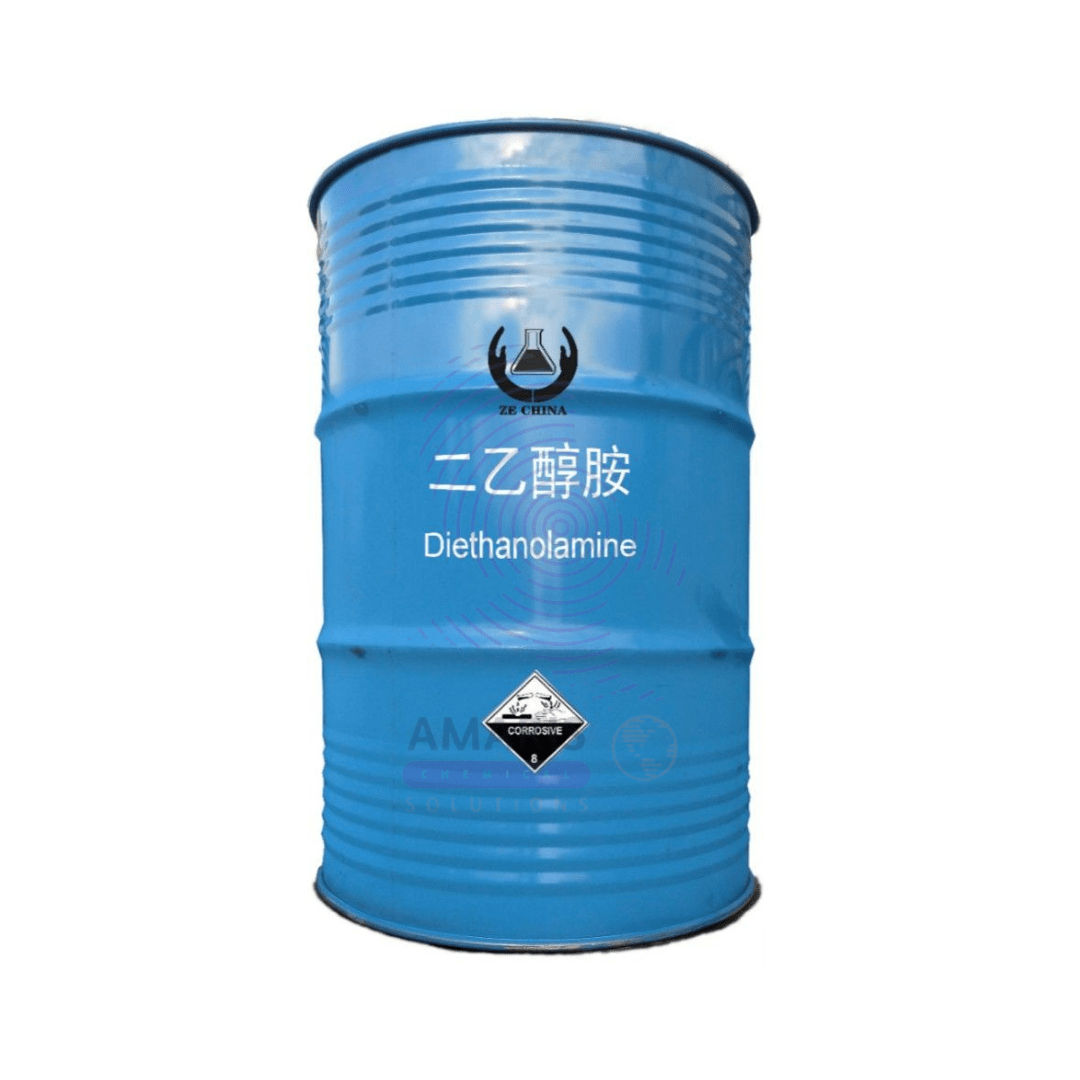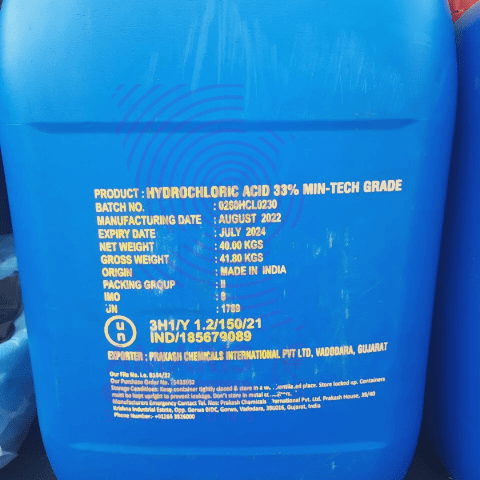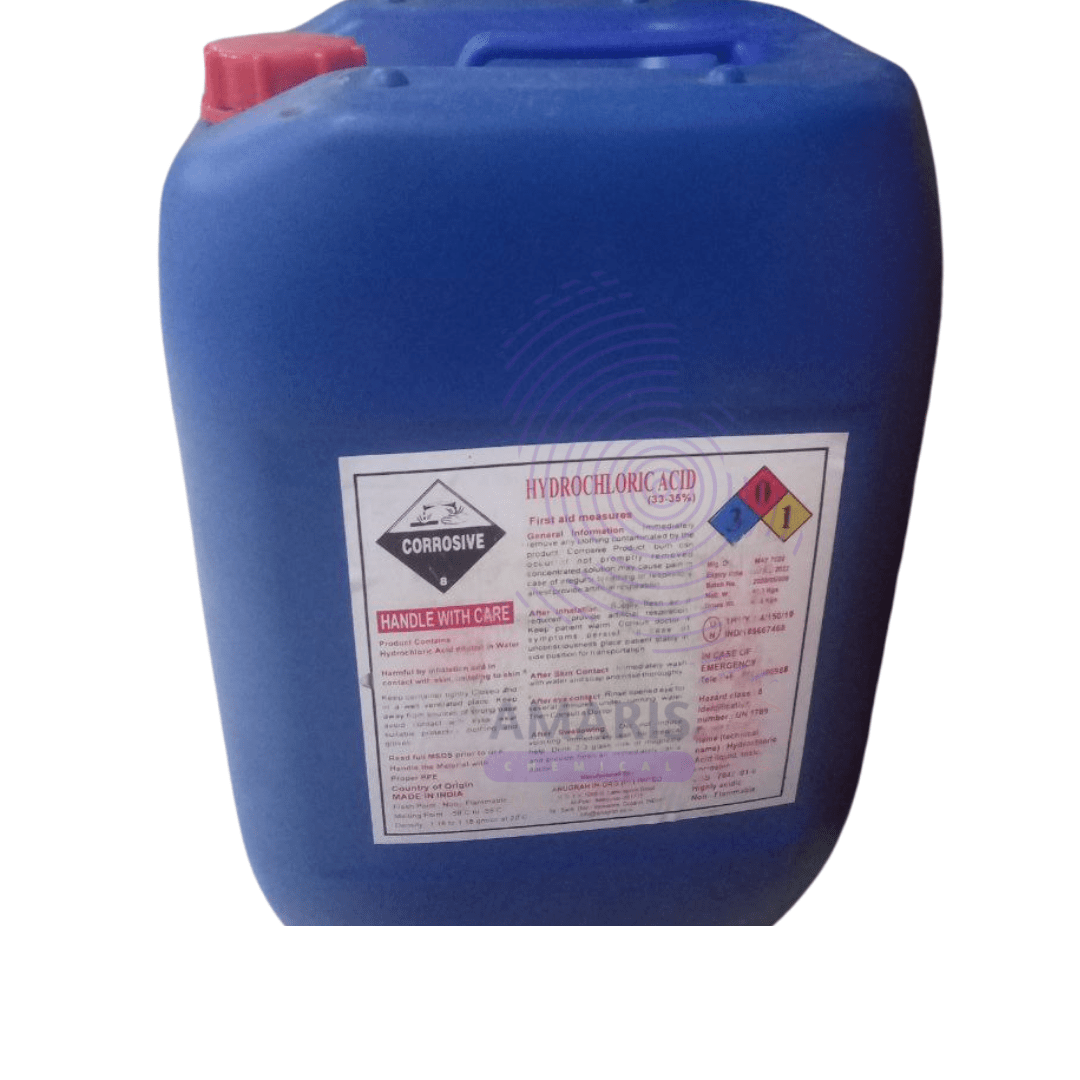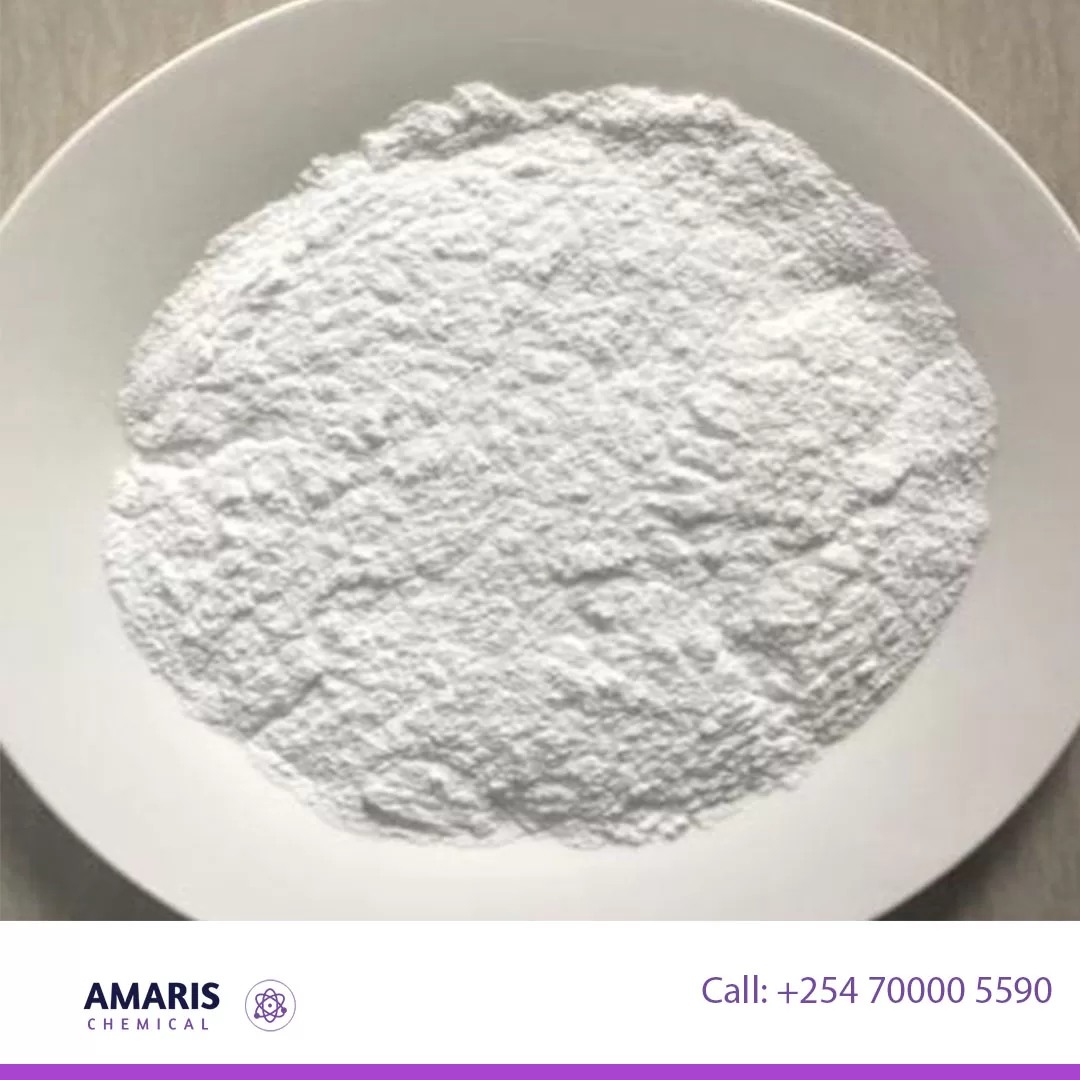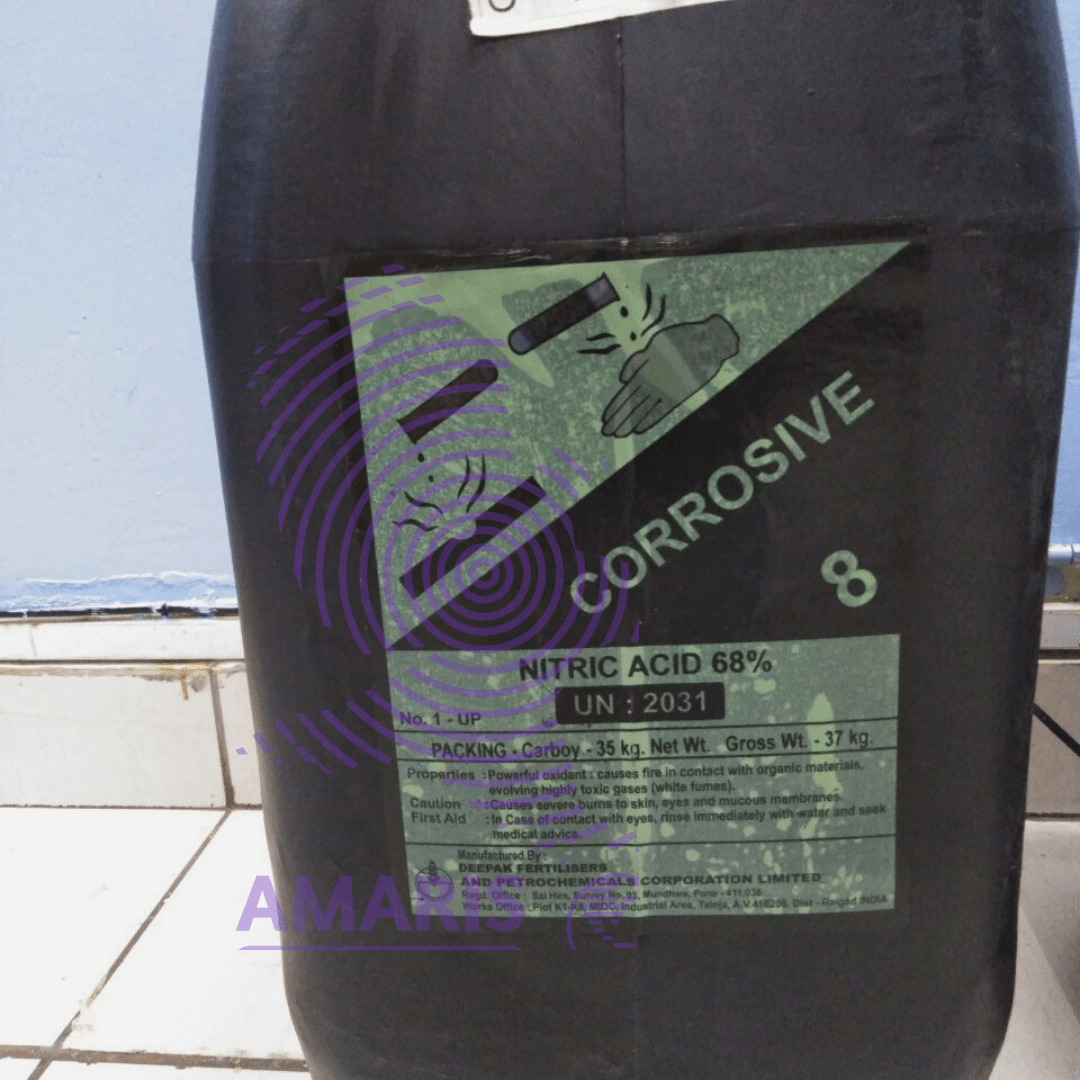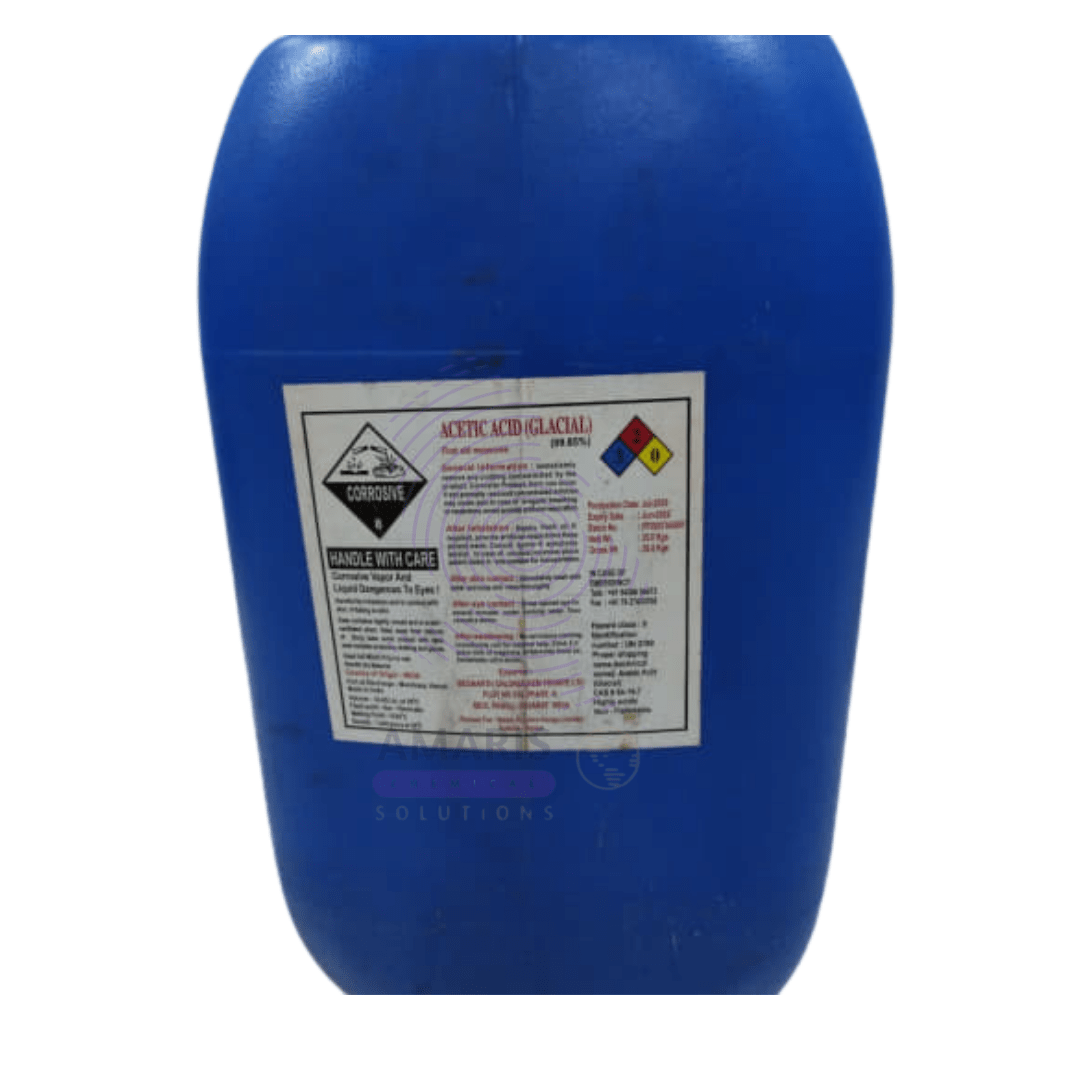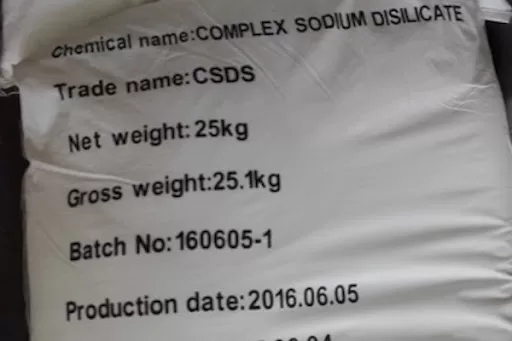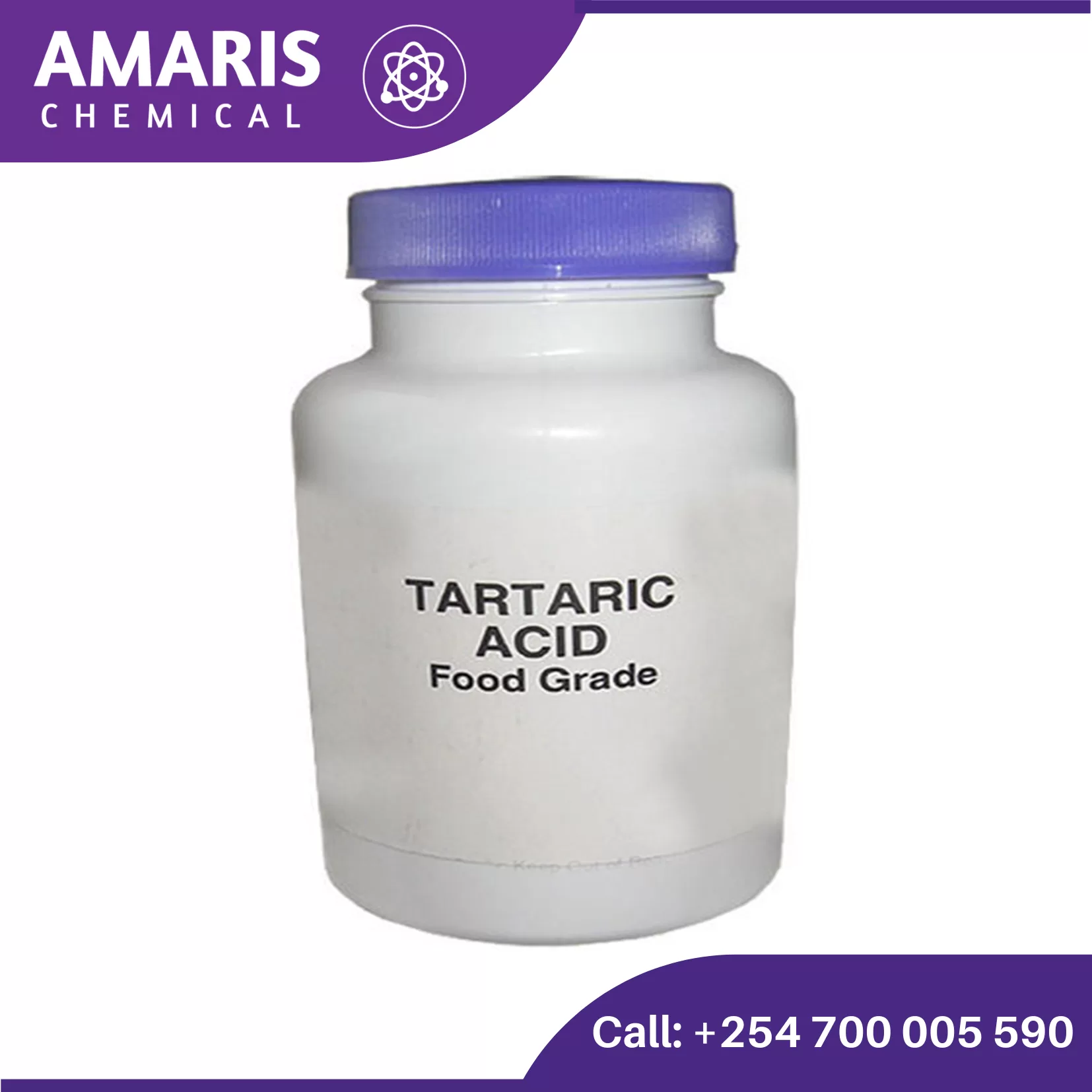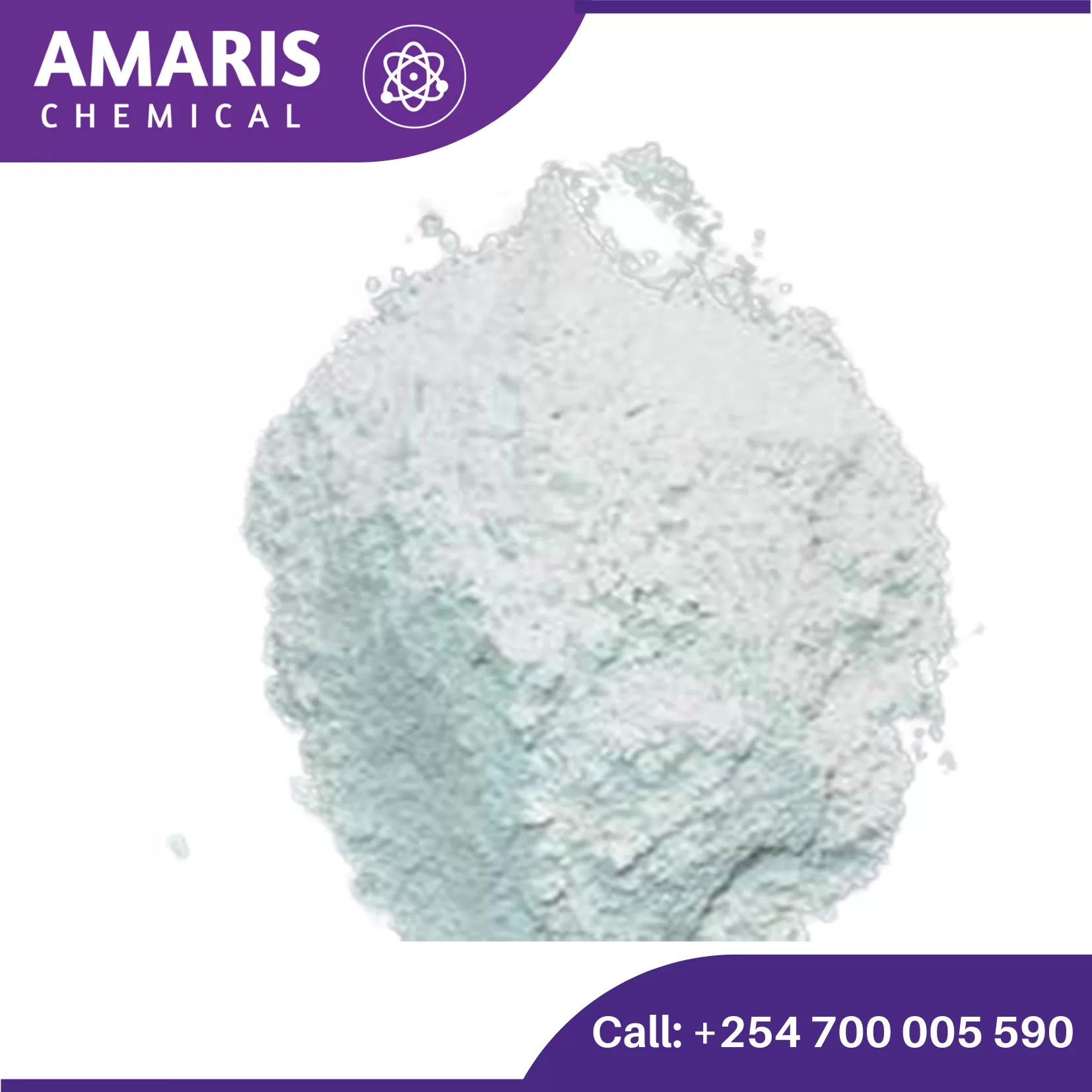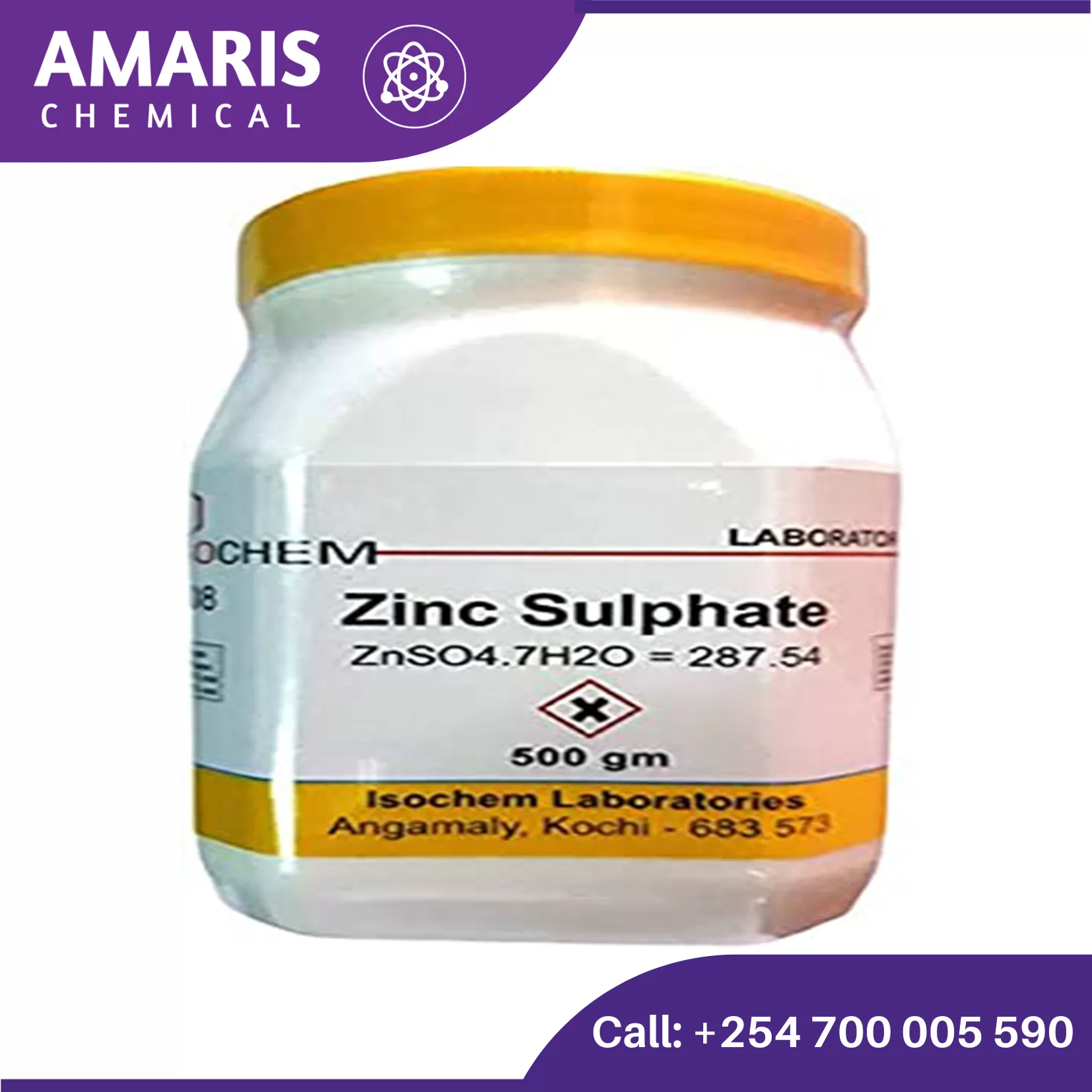![Powder Sodium Mono Fluoro Phosphate [Na2PO3F]](https://amarissolutions.com/wp-content/uploads/2025/05/Powder-Sodium-Mono-Fluoro-Phosphate-amaris-chemical-solutions-jpg.webp)
Nickel Sulphate [NiSO4(H2O)6]
$6,500.00 Original price was: $6,500.00.$6,400.00Current price is: $6,400.00.
Nickel sulfate, also known as nickel(II) sulfate or just nickel sulfate, is a chemical compound with the formula NiSO₄. It is a crystalline solid that is highly soluble in water. Here are some key points about nickel sulfate:
- Chemical Formula: NiSO₄
- Appearance: Nickel sulfate usually appears as a green or blue crystalline solid, depending on its hydration state.
- Hydrates: It forms several hydrates, the most common being the hexahydrate (NiSO₄·6H₂O), which is blue in color.
- Solubility: It is highly soluble in water, which makes it easy to dissolve in aqueous solutions.
- Applications:
- Electroplating: Nickel sulfate is commonly used in electroplating to apply a layer of nickel onto metals.
- Catalysis: It serves as a catalyst in certain chemical reactions.
- Ink Manufacturing: It is used in the production of ink.
- Battery Manufacturing: Nickel sulfate is used in the production of rechargeable batteries, particularly nickel-cadmium batteries.
- Agriculture: It is sometimes used as a micronutrient in fertilizers for crops.
- Hazards: Nickel sulfate is toxic if ingested or inhaled in large amounts. Prolonged exposure can cause skin allergies or respiratory issues in sensitive individuals.
Nickel Sulphate
- Electroplating: One of the most significant uses of nickel sulfate is in electroplating. It is commonly used to electroplate nickel onto metal surfaces, providing corrosion resistance, improved wear resistance, and aesthetic appeal. Nickel-plated items include automotive parts, household goods, and industrial machinery components.
- Battery Manufacturing: Nickel sulfate is essential in the production of rechargeable batteries, particularly nickel-cadmium (Ni-Cd) and nickel-metal hydride (Ni-MH) batteries. It serves as a key component in the formulation of battery electrode materials, contributing to the battery’s performance and longevity.
- Catalysis: Nickel sulfate acts as a catalyst in various chemical reactions, particularly in organic synthesis and hydrogenation processes. It facilitates reactions by lowering activation energy, enhancing reaction rates, and improving selectivity in certain chemical transformations.
- Ink Manufacturing: In the printing industry, nickel sulfate is used in the formulation of specialty inks, such as those used in gravure and flexographic printing processes. These inks often require specific chemical properties and adhesion characteristics that nickel sulfate helps achieve.
- Agricultural Applications: Nickel is an essential micronutrient for plant growth. Nickel sulfate is used in agriculture as a fertilizer additive to address nickel deficiencies in soils, particularly in regions where the natural nickel content is insufficient for optimal crop growth. Nickel plays a crucial role in the metabolism of certain plants, contributing to their overall health and productivity.


MAECENAS IACULIS
Vestibulum curae torquent diam diam commodo parturient penatibus nunc dui adipiscing convallis bulum parturient suspendisse parturient a.Parturient in parturient scelerisque nibh lectus quam a natoque adipiscing a vestibulum hendrerit et pharetra fames nunc natoque dui.
ADIPISCING CONVALLIS BULUM
- Vestibulum penatibus nunc dui adipiscing convallis bulum parturient suspendisse.
- Abitur parturient praesent lectus quam a natoque adipiscing a vestibulum hendre.
- Diam parturient dictumst parturient scelerisque nibh lectus.
Scelerisque adipiscing bibendum sem vestibulum et in a a a purus lectus faucibus lobortis tincidunt purus lectus nisl class eros.Condimentum a et ullamcorper dictumst mus et tristique elementum nam inceptos hac parturient scelerisque vestibulum amet elit ut volutpat.
Related products
Diethanolamine [C4H11NO2 or (CH2CH2OH)2NH]
Hydrochloric Acid ( HCL ) 40 kg
Manganous dihydrogen phosphate
- Chemical Industry: It can be used as a source of manganese in the production of other manganese compounds.
- Phosphating Agent: It's utilized in the phosphating process, where metal surfaces are treated with a phosphate coating to improve corrosion resistance, paint adhesion, and lubrication.
- Fertilizers: Manganese is an essential micronutrient for plants. Manganous dihydrogen phosphate can be used in fertilizer formulations to provide manganese to plants.
- Catalysis: Compounds containing manganese are sometimes used as catalysts in various chemical reactions.
Nitric Acid 68% conc 35kg
Sodium Disilicate 25kg
Tartaric Acid 500gm
Chemical Properties
- Chemical Formula: C4_44H6_66O6_66
- Molecular Weight: 150.09 g/mol
- Appearance: White crystalline powder
- Solubility: Soluble in water and alcohol
Natural Occurrence
Tartaric acid is widely found in nature, predominantly in fruits like grapes, apricots, and apples. The potassium salt of tartaric acid, known as potassium bitartrate or cream of tartar, is a byproduct of winemaking.Industrial Production
Commercially, tartaric acid is often produced as a byproduct of wine production. The process involves:- Extraction: The sediment left in wine barrels, known as "lees," is treated to extract potassium bitartrate.
- Purification: The crude potassium bitartrate is then purified and converted to tartaric acid.

